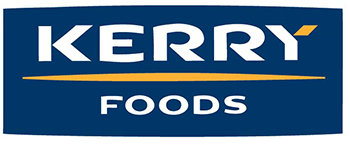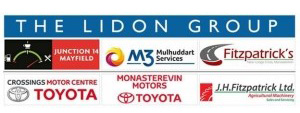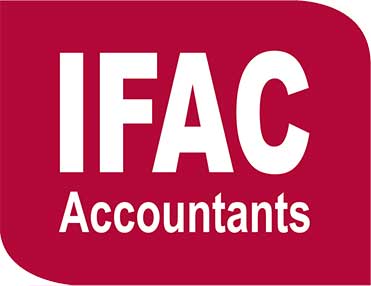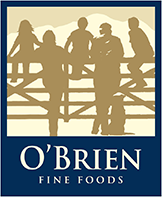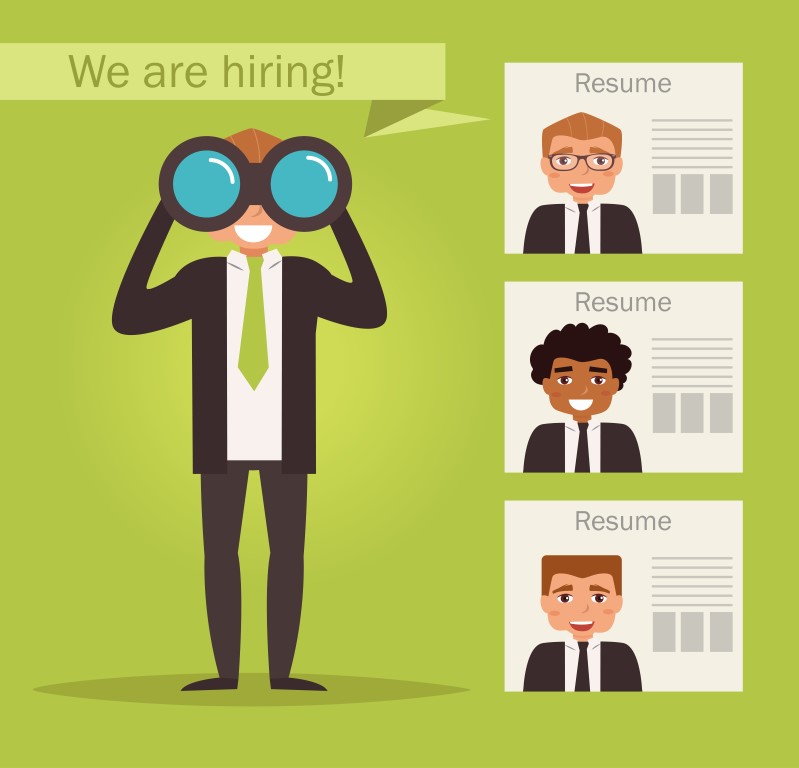
You have made the decision to look for a new job. The next step is to prepare your CV. Normally your CV is your first introduction to potential employers. It needs to be concise and presented in a manner that will catch the attention of the person reading it.
Presentation
Regardless of your suitability for a role, if your CV is presented poorly or strewn with grammatical errors, the chances of you getting an interview are greatly diminished.
- Be concise. Generally a CV should be about two pages long but not more than five.
- Emphasis should be given to different aspects of the CV through indentation, bullet points, italics and font size, etc.
- Make sure there are no typing, spelling or grammatical errors on your CV. Always run a spell check before submitting it.
- Sentences should be simple, short and to the point.
- Have someone look over your CV and accept constructive criticism.
- Most companies prefer electronic copies of your CV. Make sure the CV format is compatible with those who are receiving it.
Structure and Content
Emphasis in structure should be on simplicity and being ruthless with your content to maximise your chance in obtaining an interview.
- Use contact details that you use most regularly. Make sure the e-mail address you provide is appropriate for a professional audience. Ensure that the number provided has a voice-mail set up, many employers will not chase you if you are un-contactable. Also be sure to include your LinkedIn public url on your CV.
- Ensure that there is continuity between what you say in your cover letter to what is contained on your CV.
- Providing a short snappy skills summary can be a useful tool allowing you to stand out from others.
- Keep information in reverse chronological order, i.e. most recent experience first.
- Give least emphasis to earlier roles you have held and most to your two more recent positions.
- Put only relevant information on the CV. If in doubt ask yourself the question, does this piece of information advance my chances of getting an interview? If the answer is no, then don’t include it.
- If you have notable and relevant achievements within your current role that add to the CV add them as a final note to demonstrate the impact you have had on the business.
- Do not leave gaps in your CV. If you take a year out travelling, mention it briefly. Gaps lead to assumptions.
- Use your common sense on the education and training you include. If you have a PhD. there is no need to mention your Junior Certificate results.
- Interests included should help promote your suitability for a job. Don’t include irrelevant hobbies.
- Instead of including referee details it is best to say “References Available upon Request”.
- Monetise and use percentages where possible, especially in regards achievements
Tailoring
One size does not fit all. It may seem a cumbersome task to tailor your CV for every job you apply for; however, this could be the most important preparation you undertake to reach your goals. Using a standard CV to apply for all jobs can suggest laziness or lack of interest in a particular role.
- What is relevant for one role is not for another. Remove irrelevant information, it only clutters a CV.
- Outline your skills, responsibilities and achievements, most relevant to the job for which you are applying for.
- Toothcomb the job description of the role you are applying for. Demonstrate clearly how you have carried out similar tasks in similar roles.
- If you don’t have exact experience for a specific task, demonstrate the skills you have necessary for that function instead.
- If the job you are applying for is in an industry you have experience in, place emphasis on this fact.



